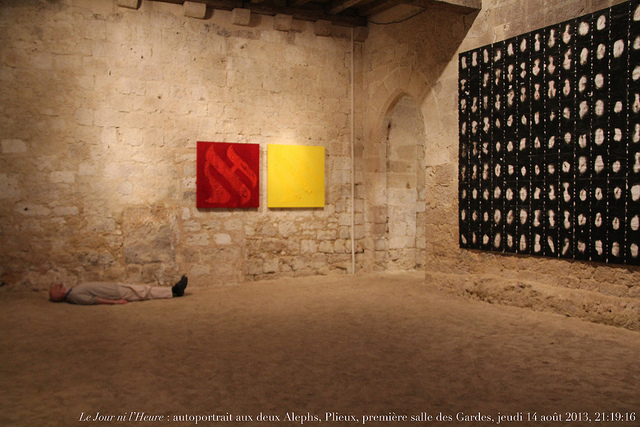
In my view, these were my best posts written between November 2015 and January 2016:
Don?t be a Miser in Retirement (Or Ever)
?There is a fine line between over-saving and under-living.?
Another way to phrase it: God isn?t a miser; you shouldn?t be either.
Managing a lump sum distribution for income is one of the hardest things to do in investing.
Continuing the series on the troubles the Fed will have shrinking its balance sheet.
Your investment decisions should be driven by when you will need to convert the assets to cash for spending purposes.
The Limits of Risky Asset Diversification
Because of the behavior of investors, and increasing interconnectedness between markets, the degree that risky assets diversify each other has been decreasing over time. ?There is really only one diversifier for risky assets — high quality bonds, whether short or long.
How Much is that Asset in the Window? (III)
Continues the fictitious conversation between me and a friend on the topic of how there are no objective prices in the market, much as we might like them.
- Learning Investments
- OPEC
- High Yield
- F&G Life
- Missing Opportunities
- FOMC, and
- What could the next crisis be?
Direction Matters More Than Position with Monetary Policy
Accommodation ended a lot sooner than the FOMC said it did
In general, highly idiosyncratic and indivisible assets like a home should not be sold in pieces. ?That said, this idea is better than most.
Annotated ?In Hoc Anno Domini??
Response to ?In Hoc Anno Domini?
My critique of Vermont Royster’s vapid Christmas message which gets published in the Wall Street Journal each year.
On Currencies that are Not a Store of Value
What do you do if you live in a place where high inflation is the norm?
On Currencies That Are A Store Of Value, But Maybe Not For Long
What do you do with the currencies of countries that are currently stable, but aren’t running the most stable economic policies?
Cheapness versus Economic Cyclicality
What do you do when the only cheap, safe companies embed a lot of economic cyclicality? ?I.e., they rely on economic growth in order to do really well…
